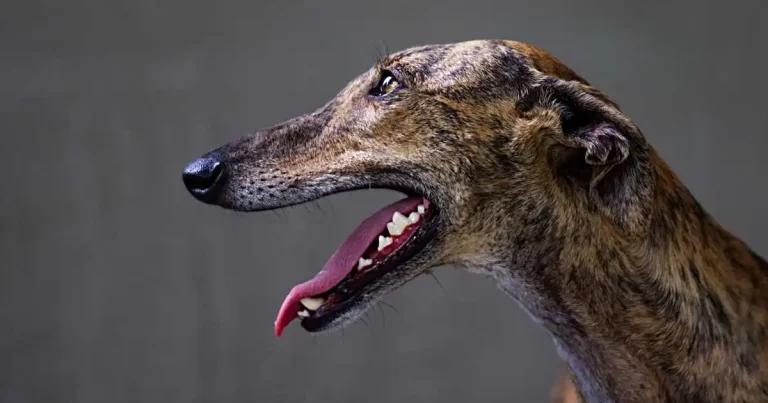30 Jul 2025
Members of an international regulatory forum have insisted ‘encouraging developments’ are being made across the sport, despite moves to ban it in Wales and New Zealand.

Image: encierro / Adobe Stock
A prominent veterinary advocate of a controversial animal sport has attacked what she described as the “political developments” that are threatening its future.
Madeleine Campbell spoke out following the latest meeting of the International Greyhound Regulators’ Forum, which brings together racing officials from the UK, Ireland, Australia and New Zealand.
The latter territory is where the sport faces the most immediate threat from Government plans which could see it banned as early as next year.
But Dr Campbell, an independent director of the Greyhound Board of Great Britain (GBGB), argued “substantial progress” had been made worldwide to protect and improve welfare standards, despite legislative plans in certain jurisdictions.
She said: “There is so much we can each learn from one another, and the discussions offered valuable insights and clear actions to take forward.
“This makes it all the more frustrating to hear of non-evidence-based political developments, particularly in relation to the current situation in New Zealand.”
Alongside the New Zealand plan, ministers in Wales recently signalled their intention to bring forward their own legislation to phase out the sport this autumn.
That prompted calls from the BVA for policymakers to meet their animal welfare responsibilities amid its concerns about potential welfare harms arising from a sudden halt to racing activity.
Critics of the sport also renewed their calls for broader action against it after recently released figures revealed the number of on-track fatalities in Britain rose for the second year running in 2024.
But Greyhound Racing Victoria’s chief vet Stefan Karamatic said “encouraging developments” were being shared across jurisdictions through the forum.
He said: “It’s uplifting to see such a strong and shared commitment across the world to improving greyhound welfare through collaboration and evidence-based approaches.”